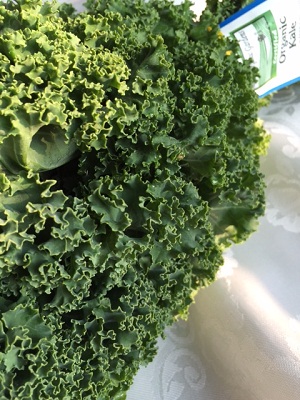Rosh Hashanah – It is a wonderful time. It is a new beginning with the deepened love, understanding, resolutions, commitments and sweet familiar feeling of celebration. It is time for new and old – like our traditions.
Traditionally we start the celebration by dipping apples into honey and wishing each other sweet year!
If you are, like me, eat according to the season, then you have not had apples for a while. Last season apples lost their taste and vitamins long time ago. Lately our tastes for fresh produce were mostly attracted to strawberries, blueberries, cherries, peaches and similar summer seasonal fruits.
And now I am excited for a new crop of this year apples – the first ones so tender, juicy with wonderful aroma. So many different kinds – all taste so amazing like never before!
New crop just in time for old and wise tradition to have apples for Rosh Hashanah!
Organic apples are so delicious and packed with vitamins. “An apple a day keeps the doctor away” is an old saying that most of us are familiar with, but what makes this fruit so special? What health benefits are associated with eating apples?
As one of the most cultivated and consumed fruits in the world, apples are continuously being praised as a “miracle food”. Apples are extremely rich in important antioxidants and dietary fiber. Apples deserve to be called “nutritional powerhouses”. They contain many important nutrients: Vitamin C, B-complex vitamins, iron, and minerals such as calcium, phosphorus and potassium.
Apples could be enjoyed in so many different recipes: just raw (with or without honey), baked, in salads, applesauce, as stuffing and many more.
Here are couple simple healthy recipes:
Baked apple slices, with raisins, almonds, and dried cherries in pomegranate juice and honey
Ingredients:
- 4 organic golden delicious or granny smith apples
- 1 cup of raisins
- ½ cup dry cherries
- 1/2 cup slivered almonds
- 1 cup pomegranate juice
- 2 Tbsp organic raw honey
Cooking Instructions:
Cut apples to 8 slices each and place in the baking sheet (see picture above), evenly spread raisins, almonds and dry cherries. Mix pomegranate juice and honey and pour over apples. Bake for 30 minutes in 350 F without cover.
Enjoy for dessert or mid-day snack!

Blanched collard salad with gala apples, peanuts, sesame seeds and parsley
 Ingredients:
Ingredients:
- 2 leaves organic collard greens and stems
- 1 quarter raw organic gala apple
- 1/4 cup minced organic parsley
- 1/4 cup peanuts
- 1/8 cup toasted sesame seeds
Dressing:
Freshly squeezed lemon juice mixed with a few drops of brown rice vinegar, a few drops of soy sauce and a tea-spoon of peanut oil
Cooking Instructions:
Wash and check collard. Cut the stems off. Put stems in a pot with boiling water and cook for 1 minute. Remove from the hot water and let cool off. Put collard leaves one by one in the boiling water for 30 seconds.
Slice blanched collard stems, collard leaves, apples, parsley and mix together. Sprinkle with roasted peanuts and sesame seeds. Add dressing.





